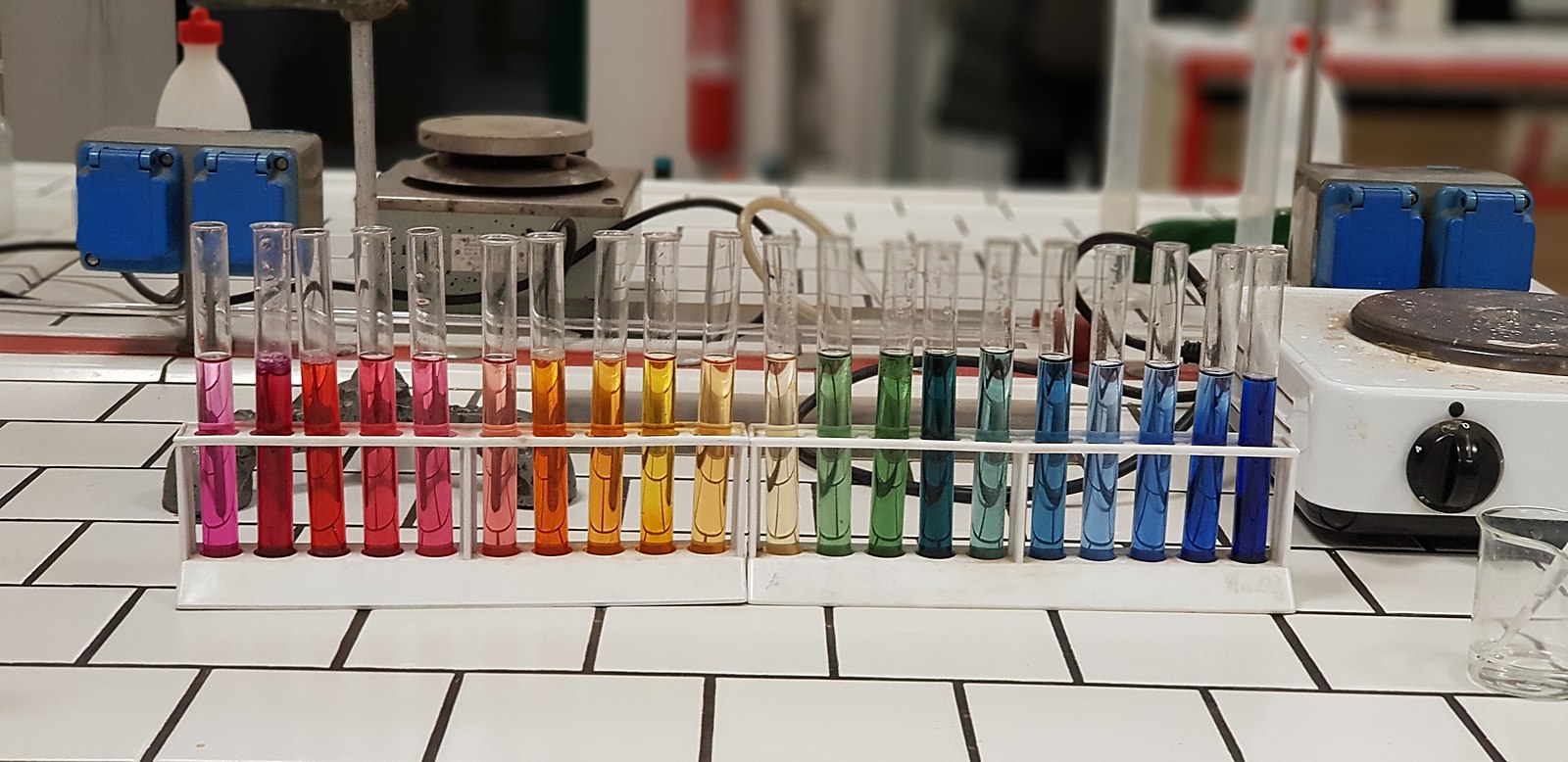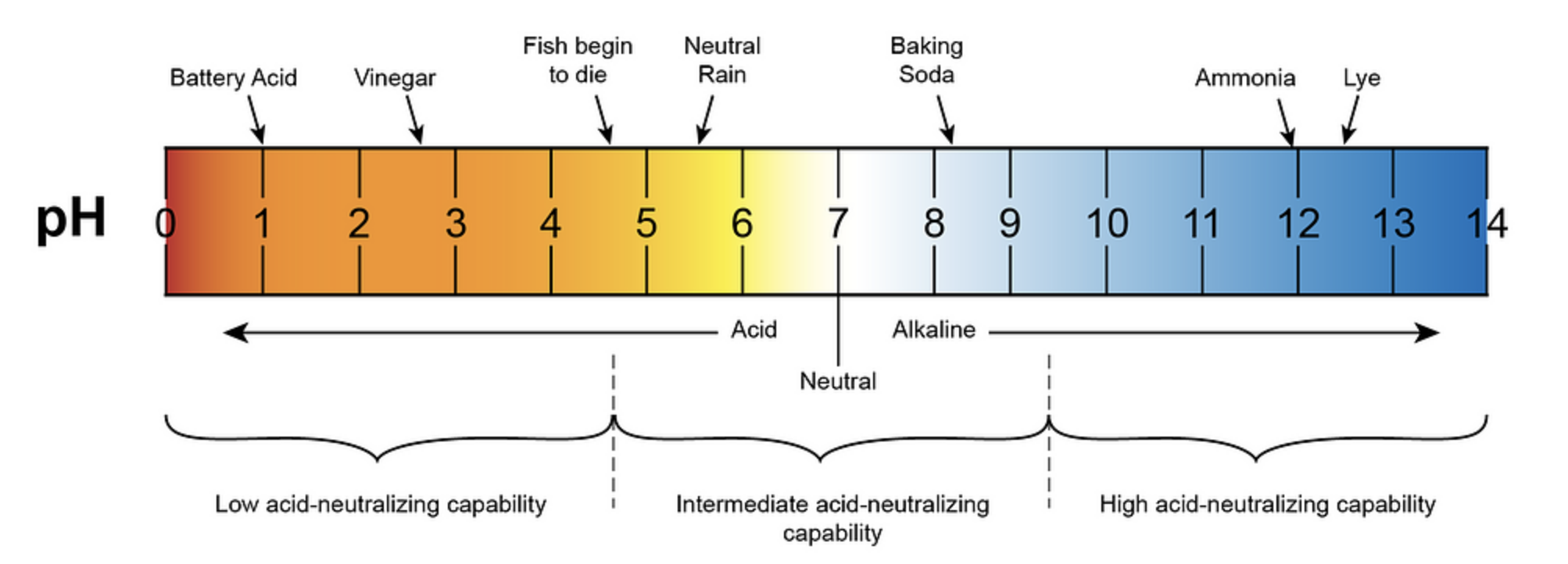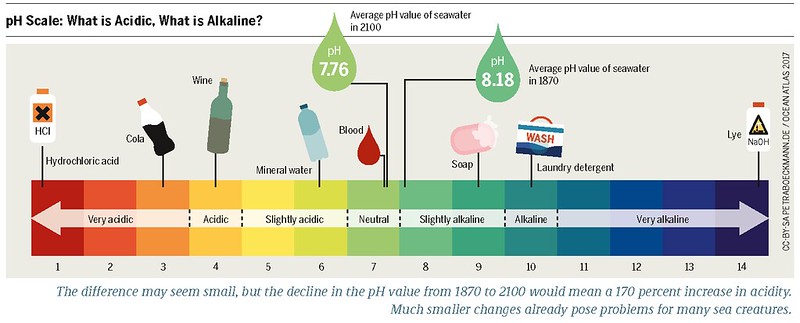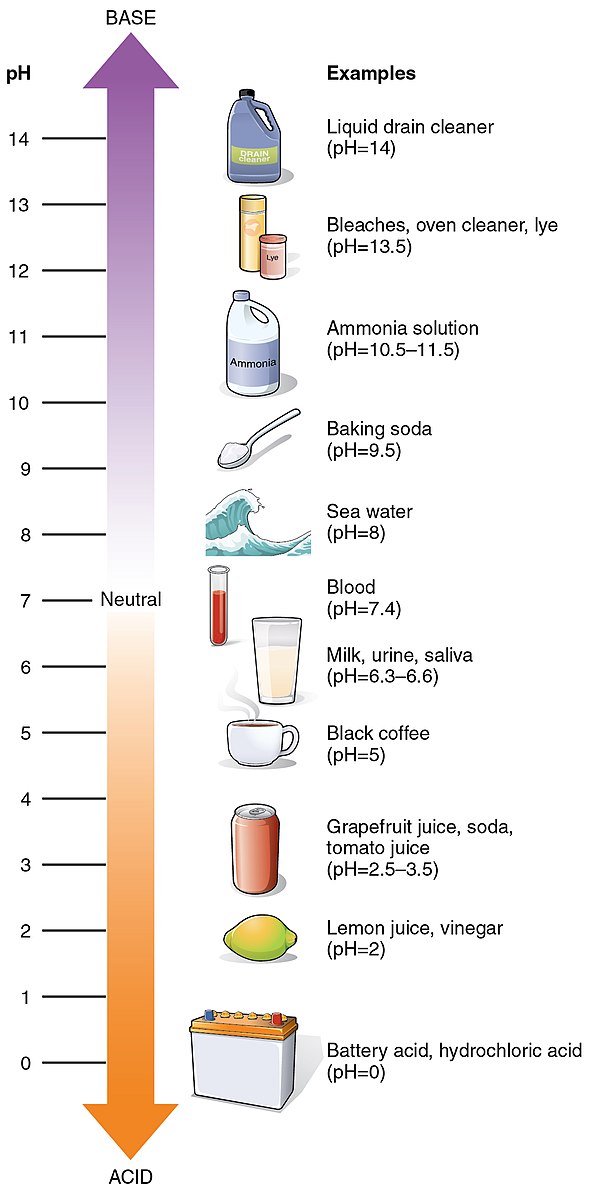The pH of Nuclease-Free Water: Ensuring Purity and Reliability in Molecular Biology
Summary The pH of nuclease-free water is a crucial factor in molecular biology applications, as it can impact the stability and performance of nucleic acids … Read More




